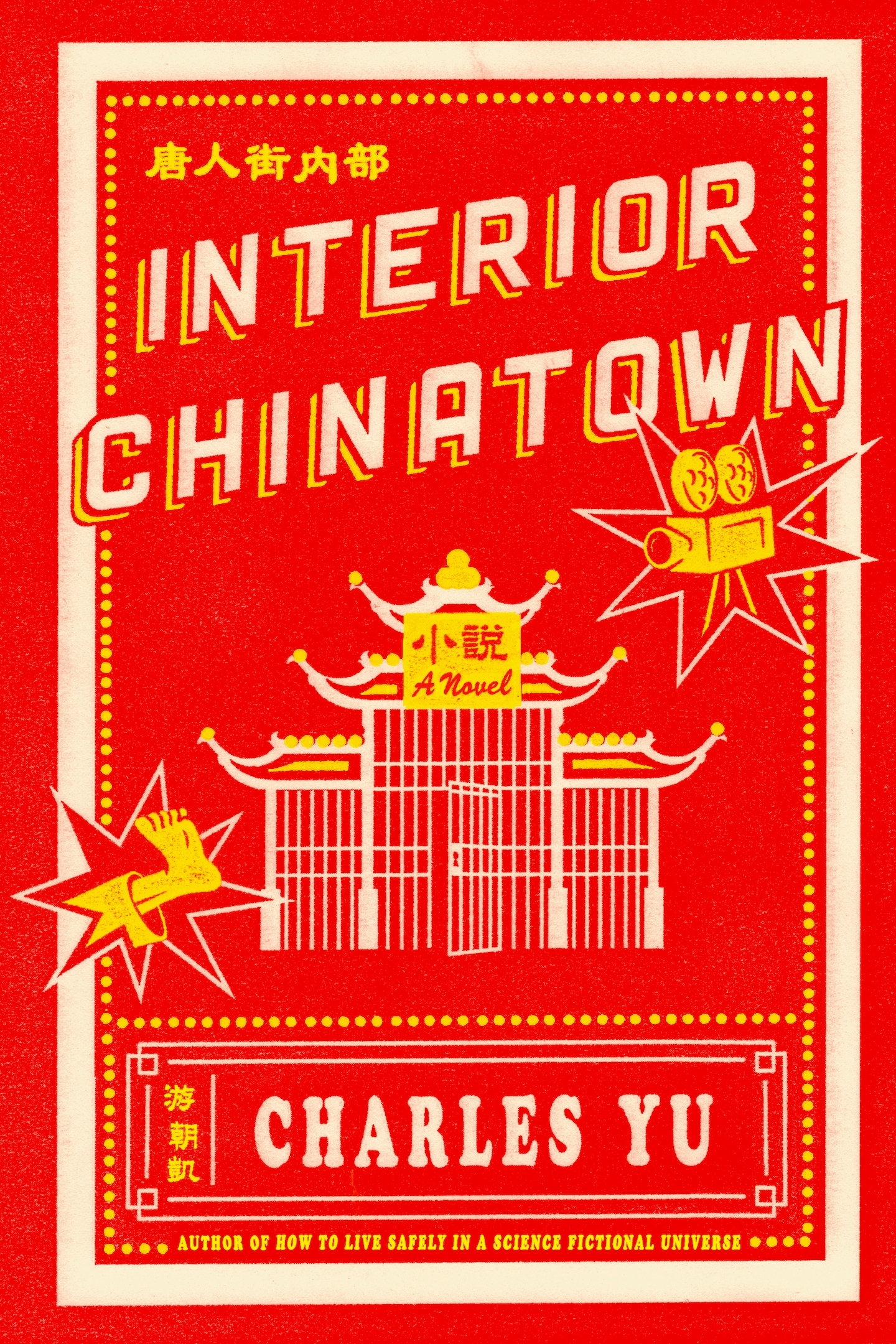Pentapod reviewed Interior Chinatown by Charles Yu
Review of 'Interior Chinatown' on 'Goodreads'
4 stars
BLACK AND WHITE. Two cops, one of each race. In the opening credits they drive around in a black-and-white police car, even though they're detectives. Which doesn't make sense. Often neither does the plot nor the motivations of the characters, nor the backstory, nor any of it, if you think too hard, which means thinking about it for more than the time spent watching it. but the template works, and you don't mess with a working template.
...
Downtown may be gritty and dark and full of evil but on some level an unspoken belief, a faith that we live in a manageable world with its own episodic rule and conventions:
Life takes place one hour at a time.
Clues present themselves in order, one at a time.
Two investigators, properly paired, can solve any mystery.
And there's just something about Asians - their faces, their skin color - it just automatically takes you out of this reality. Forces you to step back and say, Whoa, whoa, what is this? What kind of world are we in? And what are these Asians doing in my cop show?
This is a fairly short novel formatted like a stage play and written in the second person for most of it, which is extremely unusual; the reader is addressed as "you", you being Willis Wu, Generic Asian Man with ambitions to become Special Guest Star and ultimately Kung Fu Master on the recurring cop show Black and White. The story is a little hard to follow at times, partly because of the above and partly because the reality of Willis Wu's life is described along side and often at the same time as the filming of the TV show Black and White, which employs so many of the residents of Chinatown as extras. Willis Wu and his neighbours aspire to roles within the show, but it's also clear they see the same roles being forced upon them in the real world outside the show. So Willis Wu has grown up thinking of himself in terms of roles like Generic Asian Man or Kung Fu Dad whether he's acting in the show or not; and through his eyes we also see how the rest of America expects Asian Americans to fit into the same roles they've learned to expect from TV.Most of the book is a fairly amusing account of Wu's procession through the roles available to Asian men on Black and White, but the cumulation is some very valid questioning about why it is that despite Asians having lived in America for over 200 years, they are still seen as other, not American, and why Chinatowns are still built in so many cities and maintained with exaggerated architecture that doesn't resemble any genuine Asian heritage, for the enjoyment for tourists rather than the preference of the residents. There's no other minority that's so visibly exoticized and othered in quite the same way, and this book does a great job highlighting that but in a very easy to read way.

